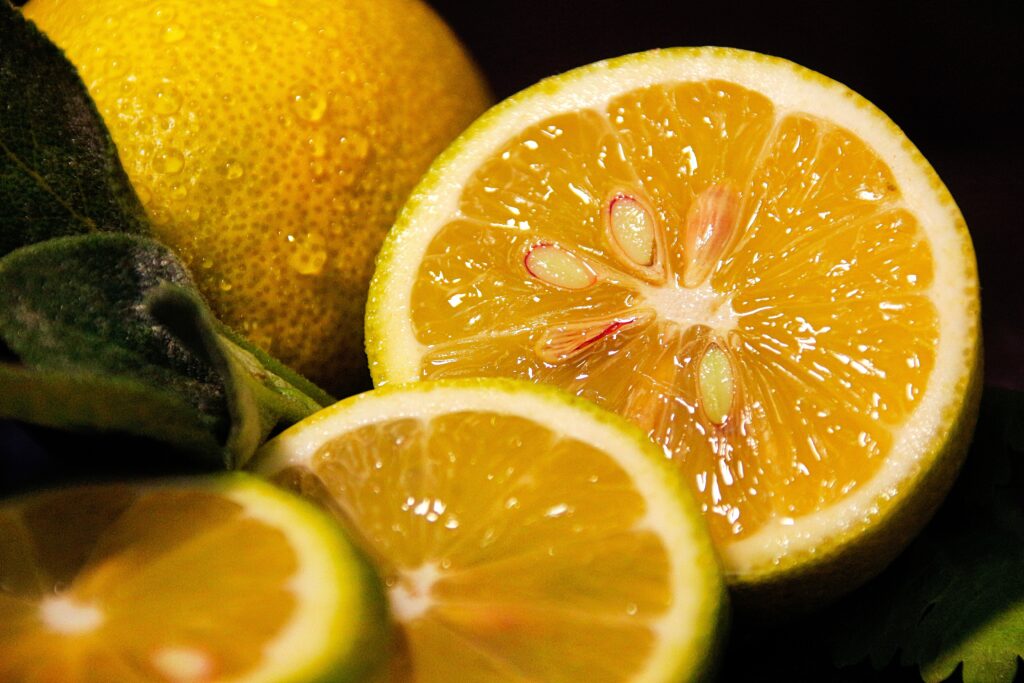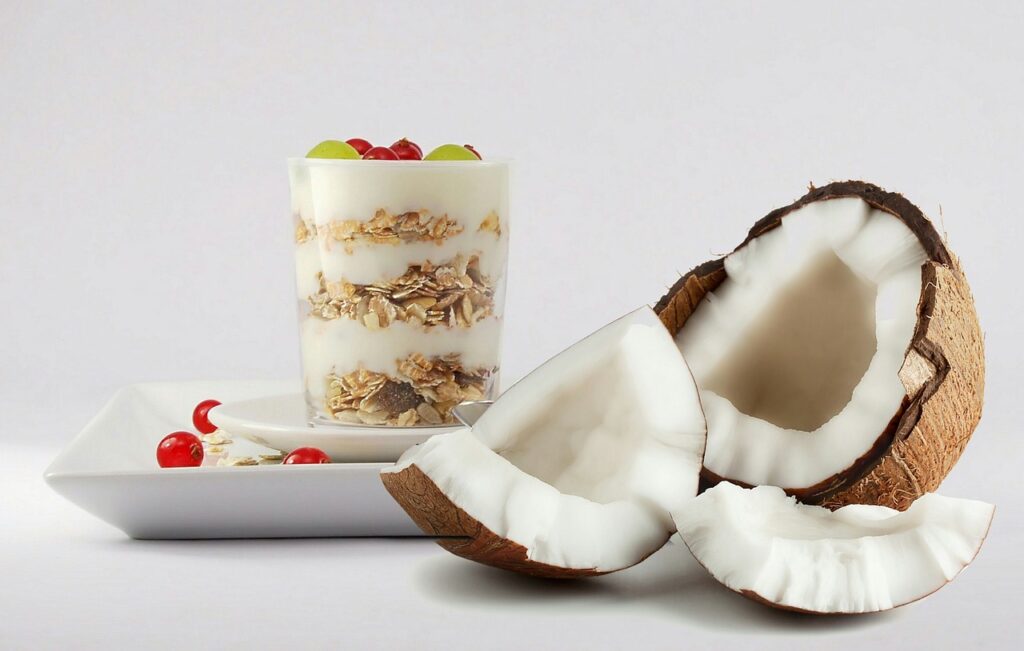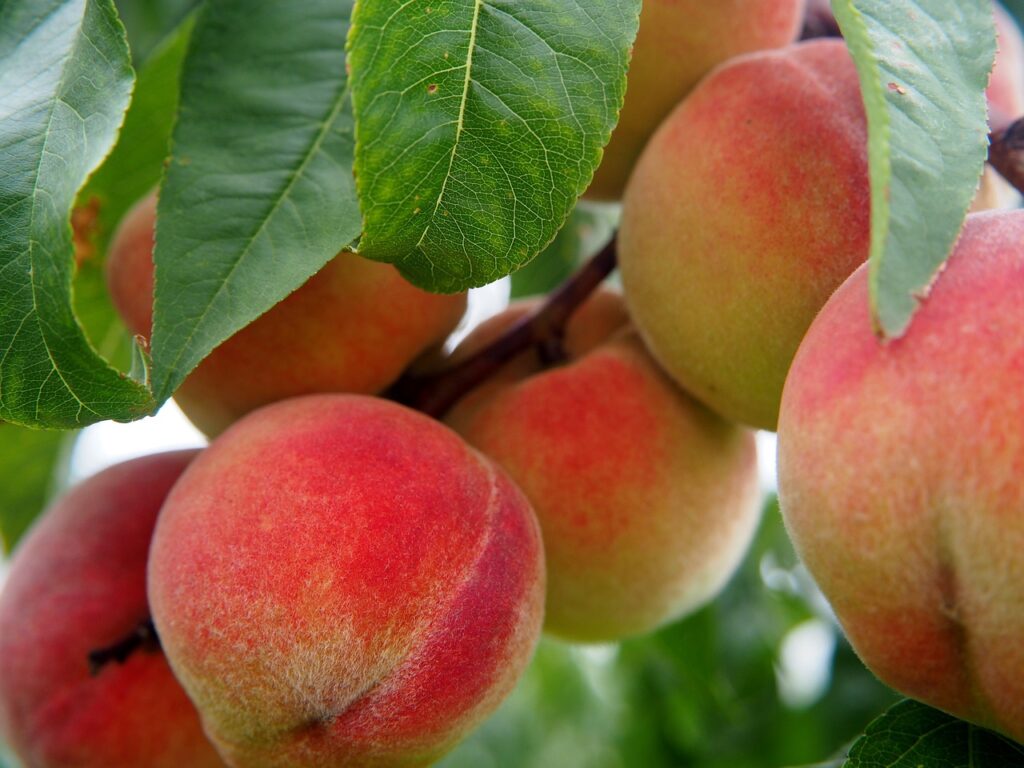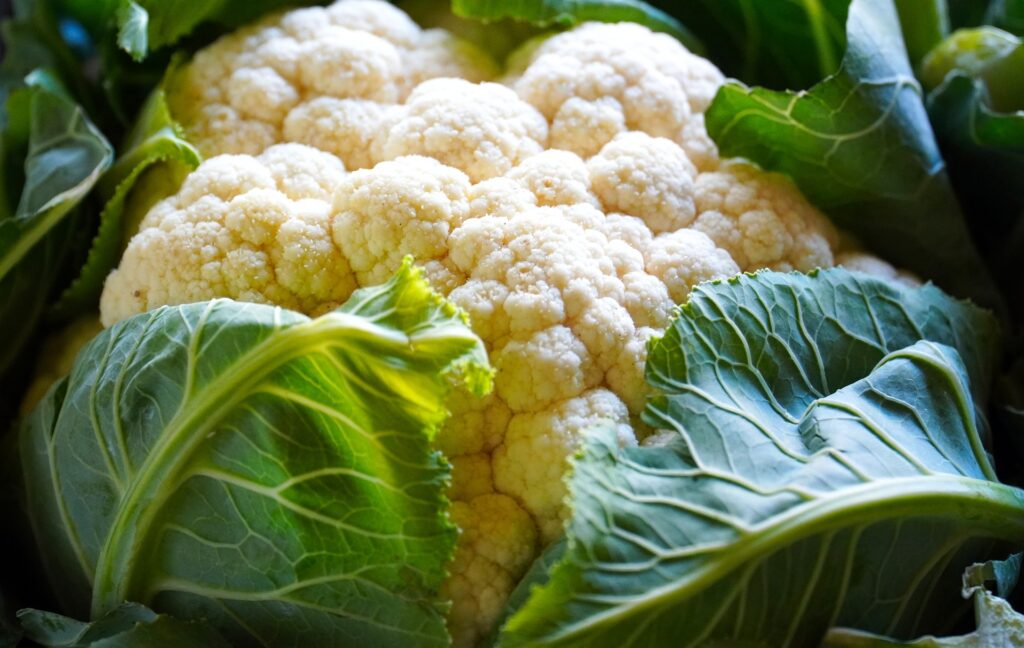
When following a low-carb or ketogenic (keto) diet, many people focus on reducing carbohydrate intake to promote fat burning and improve metabolic health. While this often means cutting back on foods high in sugar and carbs, there’s no reason you can’t enjoy fruit as part of your plan. Some fruits are naturally low in carbohydrates, especially net carbs (total carbs minus fiber), making them ideal for low-carb and keto lifestyles. In this article, we’ll dive into the best low-carb fruits that allow you to enjoy delicious flavors without compromising your diet goals
Table of Contents
Why Are Fruits Low-Carb Diets?
Most fruits are naturally high in fructose, a type of sugar, and come with a decent amount of carbohydrates. When you’re trying to stay within a low daily carb limit (typically under 50 grams on a low-carb diet and around 20 grams on a strict keto diet), high-carb fruits like bananas, grapes, and mangoes are usually too carb-heavy. However, low-carb fruits provide essential nutrients without spiking blood sugar levels or disrupting ketosis
Health Benefits of Low-Carb Fruits
Although low-carb diets often emphasize fats and proteins, fruits bring unique health benefits that make them worth including, even in small amounts. Here’s why they’re beneficial:
- Rich in Vitamins and Minerals: Fruits are packed with essential vitamins and minerals such as vitamin C, potassium, and folate, which support immune function, heart health, and cell repair
Related : The Best Supplements to Support Brain Health
- High in Fiber: Fiber is a type of carbohydrate that doesn’t raise blood sugar. It promotes digestion, helps control appetite, and supports a healthy gut microbiome.
- Antioxidants and Phytonutrients: Many fruits contain antioxidants like flavonoids, which help reduce inflammation and fight against chronic diseases, including heart disease and certain cancers.
- Satisfy Sweet Cravings Naturally: Low-carb fruits can satisfy your sweet tooth, helping you resist processed sweets and sugary snacks.
Top 10 Low-Carb Fruits to Enjoy on a Keto Diet
Below is a list of some of the best fruits to consider for a low-carb or keto diet, complete with net carbs per 100 grams (roughly 3.5 ounces). Keep in mind that portion control is key to staying within carb limits
Avocados
Net Carbs (per 100g): 2g
Avocados are a unique fruit because they’re loaded with healthy fats rather than sugar. They’re rich in potassium, a mineral essential for heart and muscle health. Avocados are also high in monounsaturated fats, which help improve cholesterol levels and support brain health. Use avocado in smoothies, on salads, or as a spread for a quick, low-carb snack
Related : Heart-Healthy Snacks and Drinks
Strawberries
Net Carbs (per 100g): 5.5g
Strawberries are delicious and low in carbs, making them an excellent addition to keto-friendly recipes. They’re high in antioxidants and vitamin C, supporting immune health and skin rejuvenation. Add strawberries to Greek yogurt, smoothies, or enjoy them on their own
Blackberries
Net Carbs (per 100g): 5g
Blackberries are not only low in carbs but also a great source of fiber, vitamin C, and antioxidants. They have a sweet yet slightly tart taste, which makes them perfect for desserts and keto recipes. Try them with a handful of nuts for a balanced snack or add them to salads for extra texture
Raspberries
Net Carbs (per 100g): 5.4g
With their high fiber content, raspberries make a filling addition to a low-carb diet. They’re rich in vitamin C and are a versatile option that can be used in smoothies, low-carb desserts, and even savory dishes
Lemons and Limes
Related : Health Benefits of Bananas
Lemons and LimesNet Carbs (per 100g): 6g
Lemons and limes are typically consumed in smaller amounts, as they are quite tart. These citrus fruits are rich in vitamin C and can be used to flavor water, salad dressings, or keto-friendly marinades. Their juice adds brightness and enhances flavors without significant carbs
Coconuts

Net Carbs (per 100g): 6g
Fresh coconut meat is a fantastic option, providing healthy fats, fiber, and electrolytes. Coconut is also rich in medium-chain triglycerides (MCTs), a type of fat that provides quick energy. Fresh coconut pieces, unsweetened coconut flakes, and coconut milk are all excellent options for adding healthy fat to your diet
Tomatoes
Net Carbs (per 100g): 3g
Though commonly treated as a vegetable, tomatoes are technically a fruit. They’re low in carbs and high in antioxidants like lycopene, which has been linked to heart health benefits. Tomatoes are versatile, working well in salads, sauces, and as toppings for various dishes
Watermelon
Net Carbs (per 100g): 7g
With its high water content, watermelon is low in carbs and calories, making it a refreshing choice on hot days. It’s best consumed in moderation due to its slightly higher carb count. A small portion can still fit within a low-carb plan, providing hydration and a burst of natural sweetness
Related : Best Times to Eat for Weight Loss
Cantaloupe
Net Carbs (per 100g): 7g
Cantaloupe is a type of melon that’s low in carbs and high in vitamins A and C. Its juicy sweetness can be a satisfying snack, especially in summer. Enjoy it on its own or mixed with other low-carb fruits in a fresh fruit salad
Peaches

Net Carbs (per 100g): 8g
Peaches are among the slightly higher-carb fruits but are still manageable in moderation on a low-carb diet. They’re a good source of vitamin C and fiber. Slice peaches and serve with whipped cream for a simple, low-carb dessert.
Tips for Eating Fruits on a Low-Carb Diet
To make the most of these low-carb fruits while sticking to your goals, keep these tips in mind:
- Portion Control is Key: Even low-carb fruits can add up if you overeat. Stick to recommended serving sizes to keep carbs in check.
- Pair with Healthy Fats: Combine fruits with a source of fat, like nuts, seeds, or avocado, to slow digestion and prevent spikes in blood sugar.
- Choose Fresh, Whole Fruits: Opt for fresh, whole fruits rather than dried or processed forms, which often have added sugars or concentrated carbs.
- Plan for Moderation: Rather than making fruit a primary part of meals, use it sparingly to add flavor, sweetness, or variety to other foods
Creative Ways to Incorporate Low-Carb Fruits
- Fruit and Cheese Board: Combine strawberries, blackberries, and a few peach slices with cheeses like brie or mozzarella. This makes a satisfying and elegant appetizer that’s both keto-friendly and flavorful.
- Keto Smoothie: Blend avocado, spinach, coconut milk, and a few berries for a creamy, low-carb smoothie packed with fiber and healthy fats.
- Salad with a Twist: Add tomatoes, strawberries, and avocado to mixed greens, then top with olive oil and balsamic vinegar for a refreshing salad
Related : Baking Soda Water Benefits Risks and Everyday Uses
- Fruit Topping for Yogurt: Top Greek yogurt with a small handful of raspberries or blackberries. Sprinkle with chia seeds or nuts for extra crunch and nutrients.
- Homemade Popsicles: Blend watermelon and lime juice, then freeze in popsicle molds for a hydrating, keto-friendly treat in warm weather
Low-Carb Vegetables for a Healthy

Low-carb vegetables are versatile and can add color, nutrients, and flavor to your diet. Here are some of the best low-carb vegetables to include:
- Spinach
Spinach is low in carbs (1g net carbs per 100g) and rich in iron, magnesium, and potassium. It’s perfect for salads, smoothies, and sautés. - Zucchini
With only 2g net carbs per 100g, zucchini is an excellent pasta alternative. It’s high in vitamin C and can be used in numerous low-carb dishes. - Bell Peppers
Bell peppers have 3g of net carbs per 100g. They’re a great source of vitamins A and C, and their natural sweetness enhances various recipes. - Broccoli
Broccoli provides about 4g of net carbs per 100g and is packed with fiber, vitamin C, and antioxidants. It’s ideal steamed, roasted, or added to soups. - Cauliflower
Cauliflower has about 3g of net carbs per 100g and is popular in low-carb recipes. It’s often used as a rice substitute or mashed as a potato alternative. - Asparagus
Asparagus contains about 2g of net carbs per 100g. It’s high in fiber and antioxidants and is ideal as a side dish or in salads. - Cucumber
With 2g of net carbs per 100g, cucumber is hydrating and refreshing. It’s excellent in salads or paired with dips as a low-carb snack. - Mushrooms
Mushrooms provide only 3g of net carbs per 100g. They are versatile, flavorful, and contain B vitamins and essential minerals
- Green Beans
Green beans have approximately 4g of net carbs per 100g and are high in fiber and vitamin K. They work well in salads, stir-fries, and as a side. - Kale
Kale contains about 5g of net carbs per 100g and is full of vitamins A, C, and K. It’s a nutrient-dense option that can be used in salads, soups, or smoothies.
These low-carb vegetables are nutrient-dense, versatile, and fit seamlessly into a low-carb or keto lifestyle. Incorporating a variety of them helps ensure you get a balanced intake of essential vitamins and minerals.
Frequently Asked Questions
Can I eat fruits every day on a keto diet?
Yes, but portion control is essential. Eating small amounts of low-carb fruits each day is generally fine, but it’s crucial to stay within your total carb limit.
How much fruit can I eat without disrupting ketosis?
This varies based on individual carb tolerance, but typically around 50–100 grams of low-carb fruit (about 5–10 grams of net carbs) is manageable without disrupting ketosis.
Are there any fruits I should completely avoid?
High-carb fruits like bananas, apples, grapes, and mangoes should be avoided or consumed only rarely on a low-carb or keto diet
The Takeaway
Including low-carb fruits in a keto or low-carb diet is possible and can enhance the variety, flavor, and nutritional value of your meals. These fruits provide vitamins, antioxidants, and fiber, supporting health and well-being without spiking blood sugar levels. By selecting fruits that are lower in net carbs and practicing moderation, you can enjoy the refreshing taste and health benefits of fruit while staying on track with your dietary goals











